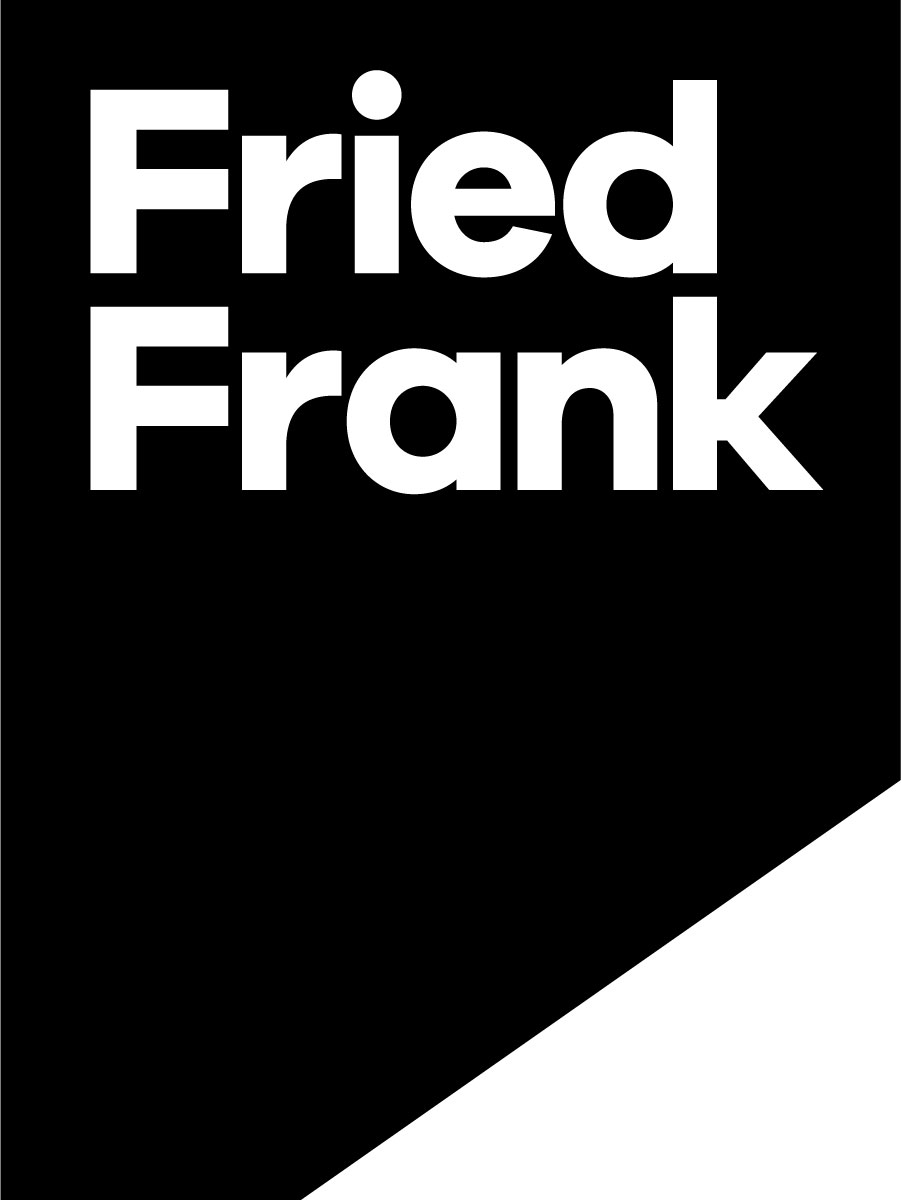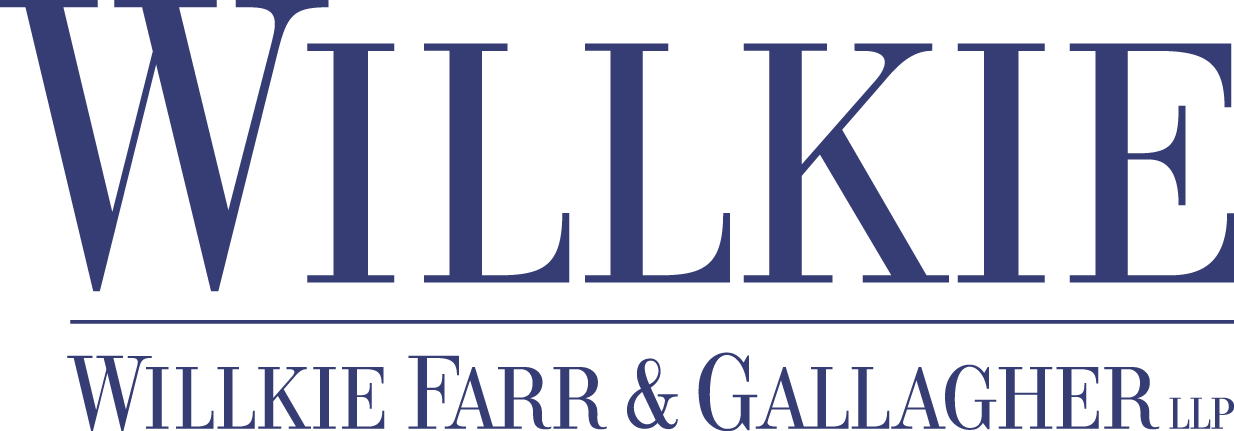- Nice Work if You Can Get It, Wall Street Journal, December 23, 2004.
In “Pay Without Performance” (Harvard University Press, 278 pages, $24.95), Lucian Bebchuk and Jesse Fried, two notable legal scholars, argue that CEOs are too often given incentives to pump up short-term earnings at the expense of long-term financial soundness and that CEOs too often get their jobs through over-friendly arrangements with company directors. Indeed, the authors believe that the fundamental practices of American business are rotten to the core. - Entrenched Directors Bad for Shareholder Value, Wall Street Letter, December 17, 2004.
A recent Harvard University study of 1,500 companies – over 90% of the U.S. stock market capitalization – concluded that “entrenching” provisions have a negative effect on shareholder value. Entrenchment regards company policies that protect directors from removal. Firms with a higher level on the entrenchment index had economically significant reductions in firm valuation and lower stockholder returns during the 1990-2003 period, according to the study’s authors Lucian Bebchuk, Alma Cohen and Allen Ferrell. - In praise of the modern firm, The Economist, December 17, 2004
In “Pay Without Performance” (Harvard University Press) Lucian Bebchuk of Harvard and Jesse Fried of Berkeley set out to identify the failure of corporate governance that allows chief executives’ compensation to carry on rising with little relation to performance. They point the finger firmly at board directors, arguing that “we should focus not only on insulating directors from the influence of executives [the direction of most regulation in the field so far], but also on reducing their current insulation from shareholders.” - New Indexes Seek to Link Corporate Governance and Diversity of Financial Performance,SocialFunds.com, December 15, 2004
Harvard professor Lucian Bebchuk, Alma Cohen, and Allen Ferrell took this last notion one step further is a 2004 paper, isolating six corporate governance factors that affect financial performance, of the 24 IRRC factors (which are similar to the CGQ factors). Among the isolated provisions were staggered boards, poison pills, and golden parachutes. - Fund Management: Global Eye, Financial Times, December 13, 2004
Directors could finally be not merely independent of management, but “dependent on shareholders”, as advocated by Harvard Law’s Lucian Bebchuk and University of California-Berkeley’s Jesse Fried in their new book Pay Without Performance. - Pay without Performance: The Unfulfilled Promise of Executive Compensation, New York Law Journal, December 13, 2004
In a thought-provoking book, “Pay Without Performance: The Unfulfilled Promise of Executive Compensation, “Professors of Law Lucian Bebchuk of Harvard Law School and Jesse Fried of the University of California at Berkeley examine factors that can prevent executive pay from accurately reflecting performance. In this reviewer’s experience, there is no more complete and carefully considered published work addressing the weaknesses in the current executive pay process in the United States. Anyone involved in executive compensation matters or in issues of corporate governance will find “Pay Without Performance” a worthwhile read and a valuable information source for future reference. - Dealmakers Deprived of Ruling on PeopleSoft CAP Plan, Dow Jones Newswires, December 13, 2004
Harvard law and economics professor Lucian Bebchuk has conducted research concluding that companies with antitakeover measures created less value for shareholders over time. PeopleSoft’s plan “is an especially worrisome takeover defense, because a poison pill is reversible in a way that this plan was not designed to be.” If such customer plans are seen as valid and used in the future, “that would increase takeover defenses and obstacles to potentially efficient acquisitions beyond the existing arsenal of defenses,” he said. “Right now, the validity of this defense is left in doubt, and given my view of how pernicious this defense can be, I hope the uncertainty would chill and discourage its actual use in the future.” - Running out of Options, Pay for Performance, The Economist, December 11, 2004
Slowly the veil is being lifted from shareholders’ eyes. William Donaldson, the chairman of America’s Securities and Exchange Commission (SEC), said last week that, “we have to strive to get that information [on executive pay] in understandable and complete form”. Last month CalPERS, America’s biggest pension fund, adopted a plan to “tackle abusive executive compensation” which includes submitting a proposal to the SEC next year for greater transparency of compensation packages. Does this then mark defeat for proponents of the principle of pay-forperformance as more and more firms reveal the extent to which the truth has been “Pay without Performance”- the title of a recent book by two American law professors, Lucian Bebchuk and Jesse Fried? - CEOs and their Indian Rope Trick, The Economist, December 9, 2004
In aggregate, the sums forked out in pay to top American executives are now enormous. According to Lucian Bebchuk of the Harvard Law School and Cornell’s Yaniv Grinstein, the top five executives of 1,500 large American companies in 1993-2002 received a total of about $250 billion. - Readings, Washington Post, December 5, 2004
In Pay Without Performance: The Unfulfilled Promise of Executive Compensation, professors Lucian Bebchuk and Jesse Fried offer a devastating critique of the way public companies pay their top executives. Relying on data rather than rhetoric, Fried and Bebchuk describe a diseased system in which executives wield enormous influence over their pay, board members have little incentive to slow the gravy train, and everyone involved goes to great lengths to hide the numbers from shareholders. - Top Execs’ Generous Pay Puzzles Investors, Reuters, December 5, 2004.
“Of all the corporate-governance issues, this attracts the most attention because … there has been very little progress,” said Lucian Bebchuck, Harvard Law professor and co-author of the new book “Pay Without Performance, the Unfulfilled Promise of Executive Compensation.” The most immediate fix, according to Bebchuck and others awaiting final 2004 compensation tallies in annual reports sent to shareholders in the spring, is complete disclosure of all elements of pay, written in plain English. - Gutierrez Severance Hinges on Reason for Leaving Kellogg, Dow Jones Newswires, December 3, 2004
Kellogg’s employment agreements with its other top two executives – President and Chief Operating Officer David Mackay and Executive vice President Alan F. Harris – don’t include similar “good-faith” language empowering them to be the arbiters of whether they’re leaving for good reason. … Gutierrez may not need to cite his contract in order to get a severance package from the company. … “Obviously the board has lots of discretion in this kind of situation,” said Lucian Bebchuk, a Harvard Law School professor who runs the school’s corporate governance program. - Pay without Performance: The Unfulfilled Promise of Executive Compensation, The Chronicle of Higher Education, December 3, 2004.
In times both bullish and bearish, therpple” theories and other explanations that deny any systemic problem. Inadequate, say Lucian Bebchuk, a professor of law, economics, and finance at Harvard University, and Jesse Fried, a professor of law at the University of California at Berkeley. In Pay Without Performance: The Unfulfilled Promise of Executive Compensation (Harvard University Press), the scholars uncover what they say are widespread, persistent, and indeed systemic flaws in compensation arrangements. - Inflated Pay, Time Magazine, December 3, 2004
Ever wonder if corporate executives are paid too much? Look at it this way: from 1993 to 2002, the aggregate compensation of the top five executives in all public companies amounted to an astonishing $250 billion, equivalent to 7.5% of all corporate earnings. Defenders of the status quo say that such bloated pay provides managers – particularly CEOs – with incentives crucial to high performance. Those defenders have not yet read Lucian Bebchuk and Jesse Fried’s Pay Without Performance. The authors marshal a formidable arsenal of facts to pick apart the incentives argument, exposing myriad ways in which CEOs have decoupled pay from performance and hidden that fact from investors with the aid of supine corporate directors. The lucidly argued treatise frames the issue not in ethical terms but as a problem of efficiency. As for solutions, Bebchuk and Fried maintain that board directors should be not only more independent of the executives they supervise but also much more dependent on stockholders. If shareholders had the power to alter the composition of the corporate board, the authors argue, directors would be more likely to keep investors’ icentive for managers to manage a business for long-term growth. That is why the Financial Accounting Standards Board must not be hindered in its initiative to issue a rule treating stock options as an expense. - Staggering, The Economist, November 13, 2004
Another disappointment is the slow progress in abolishing “staggered” boards – ones where only one-third of the directors are up for re-election each year to three-year terms. Invented as a defence against takeover, such boards, according to a new Harvard Law School study by Lucian Bebchuk and Alma Cohen, are unambiguously “associated with an economically significant reduction in firm value”. - Where are the Economists?, New York Times, October 28, 2004
Lucian A. Bebchuk, professor of law, economics and finance at Harvard Law School, and Yaniv Grinstein of Cornell Business School find that a proper calculation of the total compensation of the top five executives of all companies, including salaries, stock options and pensions, came to a stunning $260 billion over the last 10 years. This might be justifiable if there were ample evidence it was based on market performance or corporate earnings. But Mr. Bebchuk and Mr. Grinstein find that since the early 1990’s pay has risen about twice as fast as the market value of stocks and much faster than corporate income. Total compensation was 5.7 percent of total corporate income in the early 1990’s; it is now under 10 percent. - An Index for Board Watchers, Business Week, October 18, 2004
Researchers have long tried to assess the impact of good governance on stock returns. On Nov. 1, proxy adviser Glass Lewis will introduce a stock index that links the two. Based on research from Harvard Law School professor Lucian Bebchuk, the Shareholder Rights Index reweights the Standard & Poor’s 500-stock index, giving more heft to companies with less-entrenched boards. - The Region’s Highest-Paid Executives, Washington Post, August 20, 2004.
That is still the case nationwide, too, experts said. “Despite the substantial pressure on companies to change, and despite the widespread recognition that things should change, there has been far too little change in the compensation landscape,” said Lucian A. Bebchuk, director of Harvard Law School’s program on corporate governance. - America’s Business Backlash, The Economist, July 15, 2004.
Mark Roe, a Harvard Law School professor, calls such periodic swings in sentiment against big business “backlashes”. These occur, argues Mr Roe, following periods of greater economic freedom. Freedom promotes efficiency: small firms merge with each other to form bigger ones, which produce at greater scale. It also promotes inequality and erodes social cohesion, as the power and wealth of the managerial class grows along with companies. This creates envy among workers, and the potential for political instability. - Harvard Study Correlates Staggered Boards With Lower Shareowner Value, CSR Wire, July 15, 2004
Corporate governance advocates have long opposed classified boards, which stagger director re-elections to prevent the removal of the entire board. Many take action by filing shareowner resolutions year after year calling for annual board elections. &Now, an academic study provides empirical evidence that bolsters the case against staggered boards by correlating them to lower shareowner value. The Harvard Law School Program on Corporate Governance published the study, entitled “The Costs of Entrenched Boards,” in late June. Lucian Bebchuk, a Harvard law professor and director of the corporate governance program, and Alma Cohen of the National Bureau of Economic Research (NBER) and the Analysis Group, a financial strategy consultancy, co-authored the study. - Two New Studies Could Provide Ammo Vs Governance Backlash, The Wall Street Journal, June 29, 2004.
One of the studies, co-authored by Lucian A. Bebchuk, a Harvard Law School professor and director of the school’s corporate governance program, found that companies with staggered board terms deliver less shareholder value than those that hold annual director elections. - Options Expensing Ripe for Abuse, TheSreet.com, June 29, 2004.
“Arguably all companies will have an incentive to underestimate” if forced to expense options costs, said Lucian Bebchuk, a professor of law, economics and finance at Harvard Law School. “The evidence is strong that, in general, management always errs on the side of lower numbers where discretion is available.” - NASD Scrutinitizes Conflicts in Bankers’ ‘Fairness Opinions’, Wall Street Journal, June 11, 2004.
There’s a fundamental conflict to begin with when a company hires an investment banker with the expectation that they will provide the company with the fairness opinion they are looking for,” said Lucian Bebchuk, professor of law, economics and finance at Harvard Law School. “Disclosing that this problem exists .. might enable the shareholders to assign a touch less weight to the investment banker’s opinion,” but the incentives will still exist, he said. - Practice Makes Perfect? The Daily Deal, June 4, 2004.
A few weeks ago in this space, we discussed a recent article by Guhan Subramanian in which the Harvard Law School professor analyzes freeze- out transactions, those in which a majority shareholder in a public company buys out the minority holders. While lawyers at top M&A shops will no doubt be gratified by Subramanian’s conclusion that they are more likely than their less-touted peers to advise buyers to use a method likely to be cheaper for them, we were struck by other questions the piece implies. ($$$) - The Stock-Option Myth, Business Week, May 6, 2004.
When it comes right down to it, few employees are going to work against the best interests of a company that’s putting food on their table or their kids through college, especially when the outfit is trying to restore the value of underwater options. “What’s special here is that they knew options were coming,” says Lucian A. Bebchuk, a professor at Harvard Law School, who has written widely on corporate governance. “What makes them work hard is whatever emotional reaction they have to what the company’s doing for them.”























